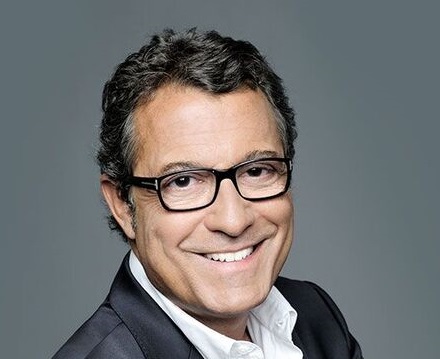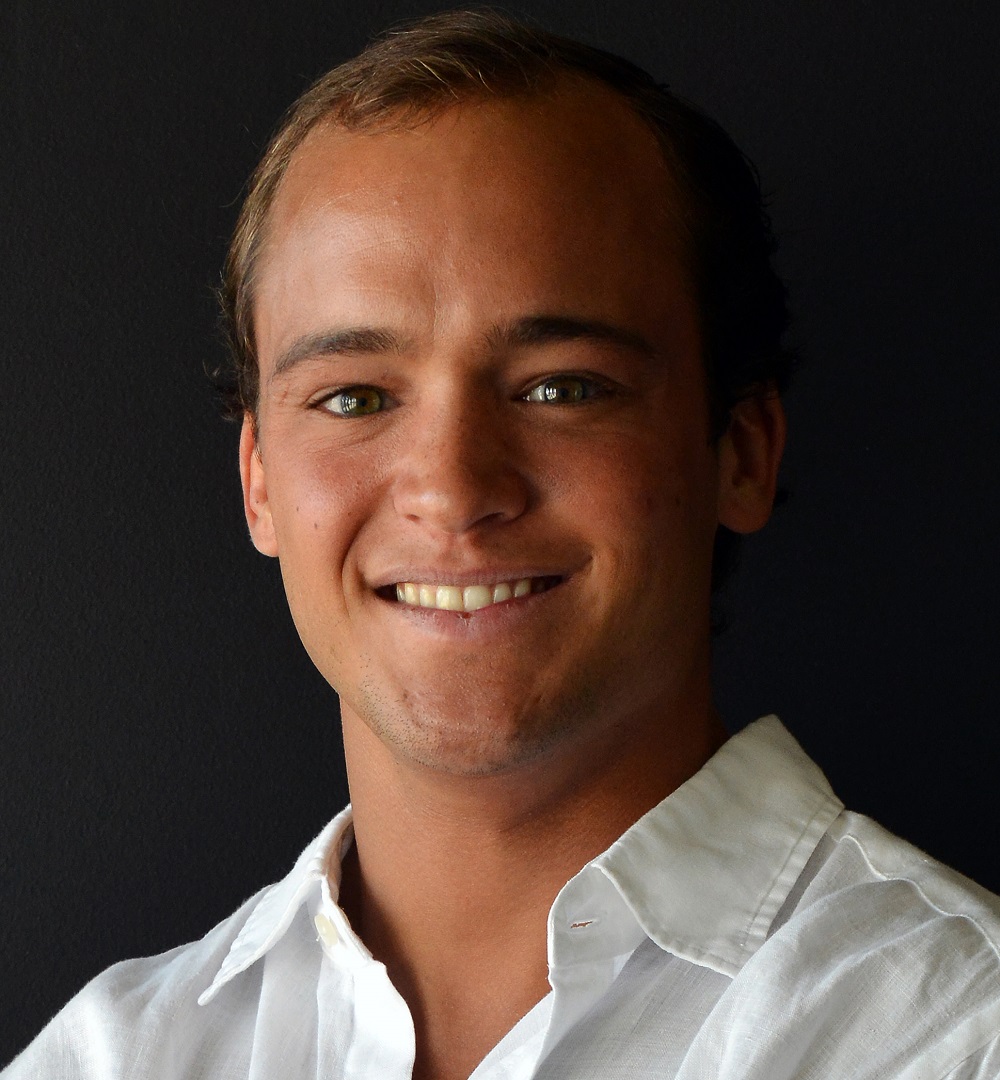EDP's Privatization
EDP has accompanied the history of a country, democratizing energy and providing everyone with the foundation to power family and business dreams. Going beyond borders and uniting people.
It was in the year 1978 in Seia, a town on the western slope of Serra da Estrela that is still the county capital today but was nothing more than a small "village" then. Luis Matos Santos was 18 and was visiting for the first time in service of Eletricidade de Portugal (EDP), where he had just begun. Previously, he had worked in one of the 13 companies that gave rise to that public company when they were nationalized in 1976.
Seia was where it all began. Although young, Luís was assigned to implement the accounting and management department for some of the country's central municipalities that had been integrated into EDP. He was also to mold the team in the image of what the company intended. "It was three years of traveling. We set up agencies for customer service, collection, and training of electricians", he recalls, recognizing the challenges. "I was a young, thin boy teaching services to older people, and they did not take me very seriously", he confesses.
One of the challenges was to change ingrained habits. "One time, I arrived and the bills were three to four months past due", he says. In order to recover from this delay, Luis went to talk to the priests of some parishes and asked them to give advanced notice to the congregation at the church on the week the light bill was due. Holy remedy. Payments began to be consistent and on time. In addition to notifying the customers, the owners of some grocery stores offered to pay electricity bills for many of its customers who weren't usually in their homes, even before settling the bills with those customers, in order to keep the business and remaining clientèle.
"The payments increased rapidly. Before starting to collect in the area, the EDP employee would first go to the grocery store to get the money from many EDP customers. Only afterward did they go to homes to collect from the remaining customers", Luís describes.
"I didn't have a routine at EDP. Letting myself get comfortable? Didn't happen. Throughout the 40 years, I was always learning new things. The company provided the opportunities for that."
Luís Santos Matos
In 40 years, EDP has created a brand of unity and sharing, united families and businesses, and made energy available to everyone, while opening the doors to privatization
In 1991, Luís joined the new Tejo and Lisbon Regulation department, where he remains until today. João Sabido was born in that same year, is now 25 years old and responsible for the startups being incubated at EDP Starter. It was during a masters degree in entrepreneurship that he heard of the energy company's
trainee program. "I decided to run for sport. I went through all the stages and I ended up staying", he says.
He has been a part of EDP Starter's team since 2015. "We look for new technologies that can help the group, and we try to support it with our know-how. We are an open, innovative company. We believe there is talent outside of EDP", he describes.
Phase 1 - June 1997: The beginning
179.96 million shares moved from the public sphere to 770,000 shareholders when EDP was first privatized. The public offering (OPV) in the Portuguese market and for corporate investors, Portuguese and foreign, opened the door to a project that was picking up momentum in the 1990s. 1990 With a nominal value of 1,000 escudos and a loyalty bonus (1 share for every 25 shares subscribed and held for more than one year by small shareholders, emigrants, and EDP employees), the first 30% of EDP shares saw daylight.
Phase 2 - May1998: Looking for a partner
In order to make a positive contribution to EDP's modernization and increase competitiveness, the choice was made to conduct a direct sale to a strategic partner, Iberdrola, who acquired 2.25% of the capital, the equivalent of 13.5000.000 shares.
Phase 3 - June 1998: Consolidating the project
16.2% of the capital went to private shareholders through a public sales offer guaranteeing a loyalty bonus of one share for every 25 shares held. The investors' demand exceeded more than 51 times the public shares offering.
Phase 4 - October 2000: Most of the capital in the private sphere
Up to this point the state was dominant in EDP's shareholder structure. This was the point in time when the majority of the capital was privately owned. After a stock split (1 share of 5 euros for 1 share of 1 euro) in July 2000, the state only held a 31.3% stake in EDP when selling new shares. The success of the sales operation defied the gloomy outlook on stock markets, the rising price of oil, and the fall of the euro compared to the dollar.
More Galp, less REN.
At this point in time, EDP had increased its stakes in Galp to 14.27% and the application of Community Directive 96/92 /EC leads to the separation of REN from the other EDP Group companies, leaving the state to become its largest shareholder with 70% of the share capital.
Phase 5 - December 2004: The strength to Internationalize
The desire to strengthen the international position opened doors to a new stage of privatization. The increase in capital and direct sales to reference investors supported the acquisition of 56.2% of Hidrocantábrico. This reduced state participation to 25.3%.
6th phase - December 2005: No impact on the shareholder structure
The only step of EDP's privatization that didn't result in reducing Portuguese State's participation through Parpública - Holdings of the State (SGPS) SA. The issuance of 572.8 million euros of convertible bonds corresponding to 4.376% of the capital resulted in the payment of all coupons by the end of the term, without the bondholders having to make a conversion into shares.
7th stage - November 2007: The beginning of the end of the privatization
With acquisition of the US American Horizon Energy, which put EDP at the forefront of renewable energies, 2007 was a "green" year for EDP. However, 2007 is also the year of a new wave of privatization. The interchangeable bonds issued on November 15th, 2007, for a period of seven years, representing 4.14% EDP's, now Portugal Energies, S.A., share capital, would lengthen the process of the State's exit
a little more. With the transformation of the bonds into a 4.14% stake in EDP in 2013, EDP became completely private.
2.35 €: Price per share paid by foreign institutional investors
8th stage - October 2011: The final step
The new reference partner of the increasingly multinational EDP was from China. China Three Gorges was chosen by the Portuguese state in the last round of privatization, beating out the competition from Brazilian companies Eletrobras and Cemig, and the German E.ON. 21.35% of the capital gave the Chinese company the largest shareholder participation in exchange for €2.69 billion and a pipeline of fundamental funding for EDP's future.

"The public display of interest from the largest and most respected global players in the industry confirms, once again, EDP's capacity to lead, differentiate itself, and strengthen its position."
Like João Sabido, more and more young people are joining the company's staff. "I came to EDP in a phase of change, when it had a new logo associated with a young spirit and music festivals, ", explains the contributor. EDP's old image of "dams, factories, old people, and engineers in suit and tie", no longer represents reality.

"EDP is a sexy company; stable and growing. It's one of the best companies to build a career in Portugal."
Luis Santos Matos recently completed 40 years of service and believes he will be around for a lot longer. "Early retirement? No way. It doesn't cross my mind. There is still a lot to learn", he says. The same goes for João Sabido: "I'm learning a lot, and EDP is fundamental for that because I'm in contact with thousands of people, networking, getting to know different markets. It's been great.", he remarks.
Over the past few years, EDP has grown, evolved, and surpasses borders, while recovering its shareholder structure and gaining the robustness to respond to global challenges. With presences in Spain, France, Belgium, Romania, Poland, Italy, UK, China, Canada, USA, Brazil, and Mexico, the current geographic distribution of EDP Group extends across the entire globe.
Considered one of the most valuable brands worldwide, EDP is one of the major players in wind power, one of the largest energy operators of the Iberian Peninsula, and the largest industrial group in Portugal.
100%
EDP has been a fully privatized company since February 14th, 2013
17 years
Duration of the EDP privatization process
2.693.186.548 €
Total price of the removal of the Portuguese State's position from EDP's shareholder structure